I’m surrounded by idiots
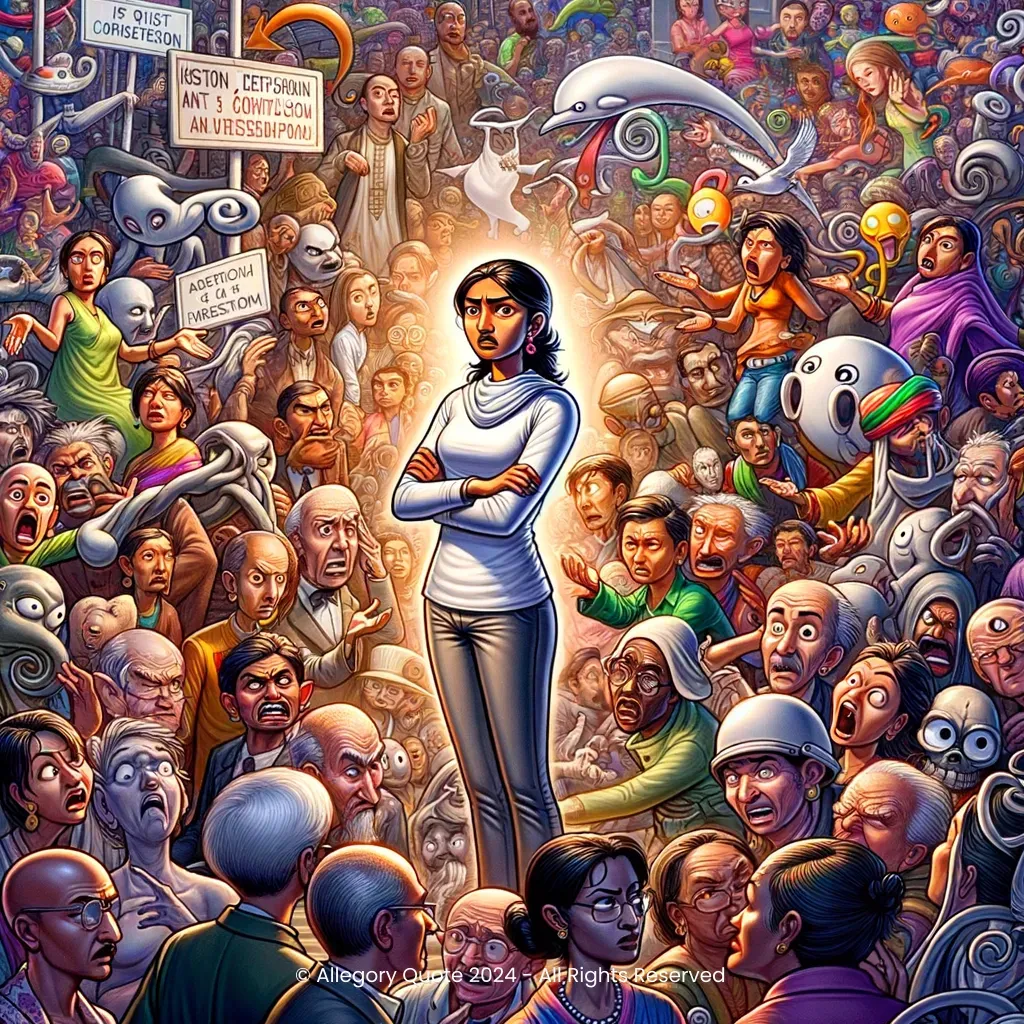
0
0
0
0
- Meaning
- The phrase reflects a deep sense of exasperation and underscores a feeling of isolation or being misunderstood. Philosophically, it touches on themes of disillusionment and the struggle for effective communication in human relationships. Psychologically, it reveals the individual's perception of others, influencing their feelings of frustration and hopelessness. Historically, it resonates with the eternal dilemma of leaders, who often feel isolated in their experiences and intellect compared to the majority.
- Allegory
- The allegorical image captures the essence of feeling out of place and frustrated among a crowd. The exaggerated expressions of confusion and absurdity represent the character's internal turmoil of feeling surrounded by those who seem to lack understanding or common sense. The vibrant and chaotic background highlights the external distractions and frustrations of life, while the contrast with the centered character represents the struggle for clarity and reason in a world filled with noise and confusion.
- Applicability
- In personal life, this phrase can encourage introspection about one's expectations of others and promote patience in understanding different perspectives. It can remind individuals to manage their frustrations constructively rather than label others as 'idiots'.
- Impact
- This phrase has impacted popular culture significantly, often used in comedic contexts and discussions around workplace frustrations or social situations, leading to memes and relatable content in the digital age.
- Historical Context
- The phrase originated with the popular culture phenomenon of The Lion King, released in 1994, reflecting the cultural context of that time which included themes of leadership, familial duty, and self-discovery.
- Criticisms
- While the phrase mainly pokes fun at frustrations with others, criticisms can arise around its potential elitism or overgeneralization of people's intellect. Critics argue that it undermines the complexity of human behavior and cognitive diversity.
- Variations
- Variations include translations and adaptations in various cultures that express similar frustrations regarding social interactions or stupidity; interpretations may vary based on cultural contexts of politeness and indirect communication.
-

Our fate lives within us; you only have to be brave enough to see it.
-

You don’t have time to be timid. You must be bold and daring!
-
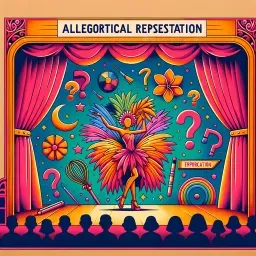
What do you want me to do, dress in drag and do the hula?
-
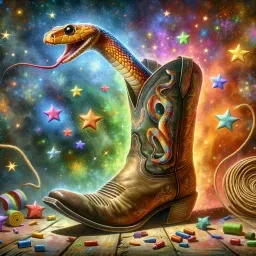
There’s a snake in my boot!
-
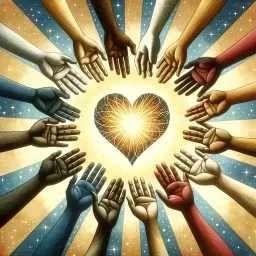
A true hero isn’t measured by the size of his strength, but by the strength of his heart.
-

In every job that must be done, there is an element of fun.
-

We cannot solve our problems with the same thinking we used when we created them.
-

If you can’t say something nice, don’t say nothin’ at all.
-
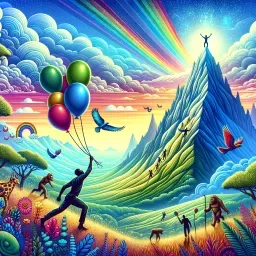
It’s kind of fun to do the impossible.
-
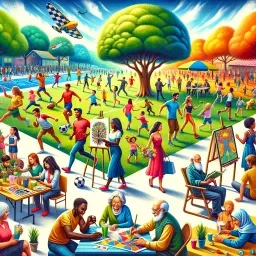
Life’s not a spectator sport.
-

You are a toy!
-

The past can hurt, but the way I see it, you can either run from it or learn from it.
No Comments